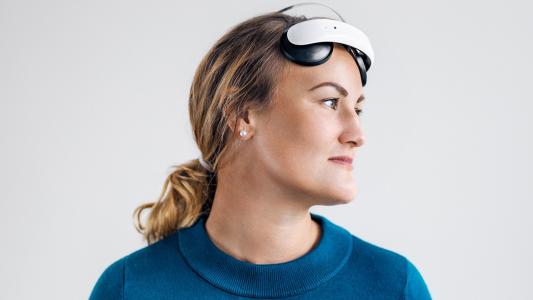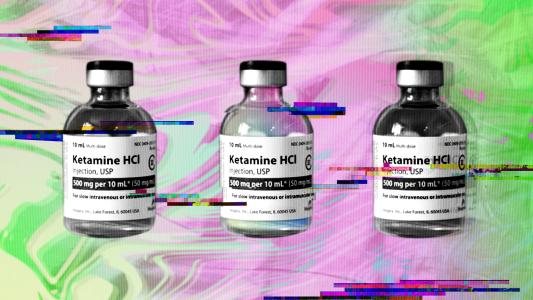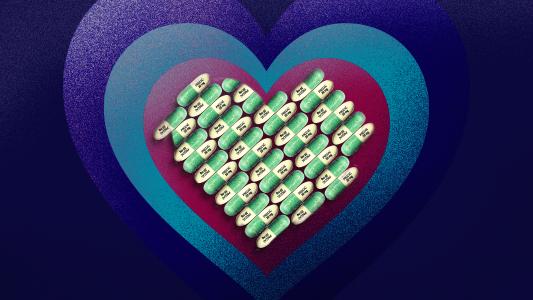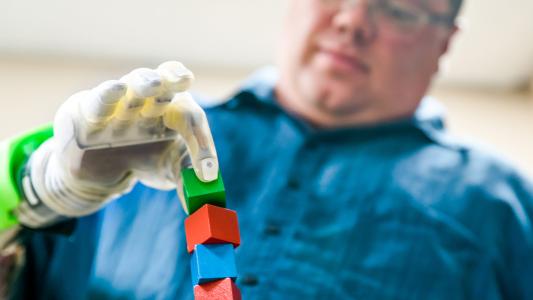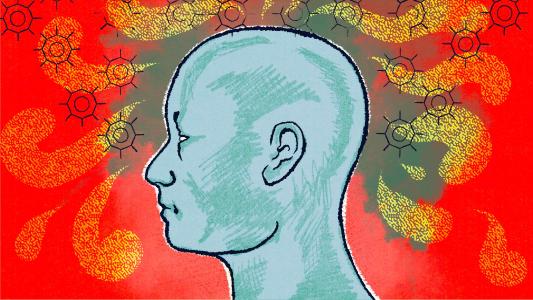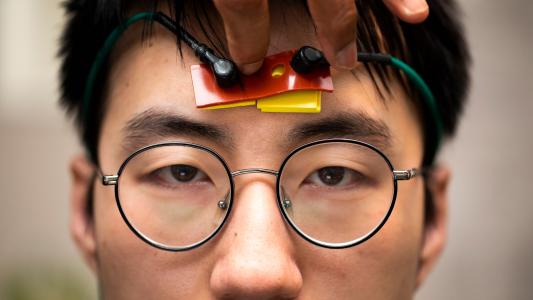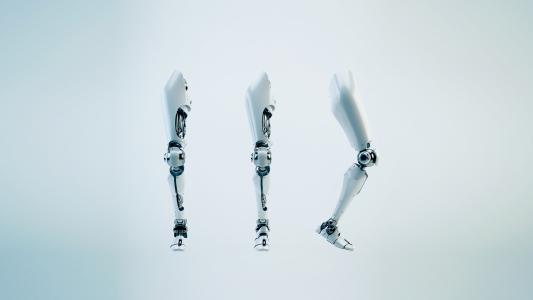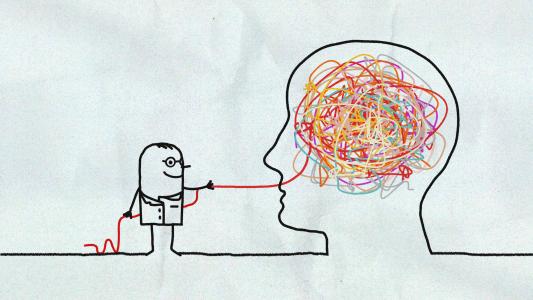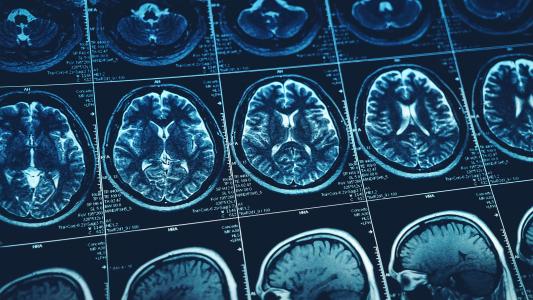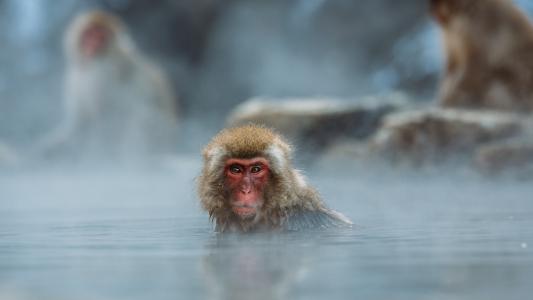Neuroscience
Treating depression at home with a tDCS headset
At-home tDCS headsets are helping people treat their depression without having to go to a doctor’s office.
Could VR change how you trip on ketamine?
Virtual reality meets ketamine therapy to help treat pain, anxiety, and depression, to name a few.
The case for love-enhancing drugs
Drugs don’t just affect the user; they shape relationships too. And a pair of bioethicists thinks we should consider them for relationship enhancement.
Developing a better mind-controlled prosthetic hand
This new technique allows a person to control their prosthetic hand precisely and in real-time by amplifying the nerve signals from their residual limb.
Series|
Dope Science
I use ketamine for depression – here’s how it works
Commonly known as a party drug, ketamine’s powerful effects on the brain have led doctors to further explore its medical potential. Now, the animal anesthetic is providing relief and hope for people with severe depression.
New lasers see into the brain to detect concussions
Researchers are attempting to improve the age-old concussion test with a device that can measure CCO levels in the brain using infrared lasers.
Run faster, think better: Hugh Herr on the future of bionics
Hugh Herr, head of Biomechatronics research at MIT and hailed as a bionic pioneer, is working to close the gap between synthetic limbs and the brain.
New PTSD therapy dulls the sting of painful memories
A Canadian researcher’s reconsolidation therapy is helping people overcome PTSD by allowing them to edit painful memories to be less emotionally impactful.
Scientists are developing brain implants that improve memory
New research sheds hope for sufferers of traumatic brain injury, Alzheimer’s, and for all of us, old age.
Stimulating monkeys’ brains snaps them out of unconsciousness
Researchers found that they could induce a state of consciousness in an unconscious monkey by electrically stimulating a specific part of the animal’s brain.
